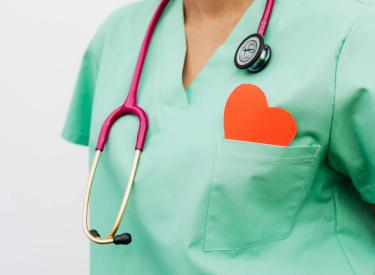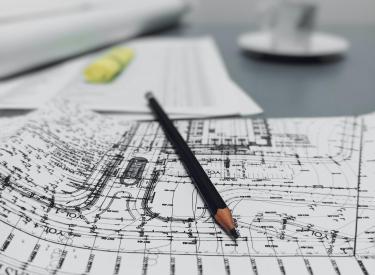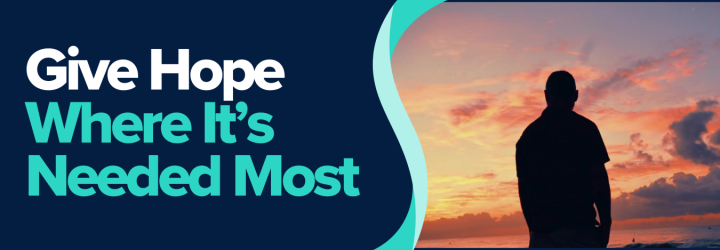
Physical Distancing and Staying Social During the Coronavirus Outbreak
At Shatterproof, we know just how much words matter. Stigmatizing language can encourage misinformation, reinforce prejudices, and lead to real-world harm.
Social distancing is a phrase few people were familiar with even just a month ago. Now, it shows up in nearly every news story, tweet, and press briefing about COVID-19.
But that wording doesn’t properly express what’s needed to contain the spread of the coronavirus. Experts like Dr. Maria Van Kerhove of the World Health Organization and Dr. Sandro Galea of Boston University are recommending we change our language. Here’s why.
Social distancing is associated with stigma and exclusion.
There’s some problematic history here. This phrase has most often been used to describe avoiding contact with marginalized groups—like people with disabilities, mental illnesses, or substance use disorders. This is a form of behavioral discrimination, and it’s not what experts mean when they tell us to keep a physical distance from others right now.
It implies self-isolation at a time when we really need connection.
To stop the spread of the coronavirus, we don’t have to isolate ourselves or ignore relationships. And maintaining social connections is more vital than ever.
“Your mental health going through this is just as important as your physical health,” said Dr. Van Kervhove at a press briefing last week. “Technology right now has advanced so greatly that we can keep connected in many ways without actually physically being in the same room.”
Physical distancing is more accurate.
“We are creating physical distance between us to limit the spread of the virus,” said Dr. Galea during a tele-town hall. “But we should be doing that in the same breath as we are maintaining our social connections and sense of community and common sense of purpose.”
People can (and should) stay socially connected during the coronavirus outbreak. This is especially important for people affected by addiction.
People struggling with substance use disorders already feel excluded and alone. A global pandemic seemingly calling for widespread self-isolation may make that worse. What’s more, community support is an essential aspect of the recovery experience. Stopping the spread of the coronavirus doesn’t mean that people who are recovering from addiction must give up group meetings or other social supports.
As we work together to contain COVID-19, here’s the expert guidance: Stay home as much as possible. When in public, keep a physical distance of six feet from people not in your household. And stay socially connected with your loved ones through phone calls, video chats, message boards, and any other virtual form of communication you like.



